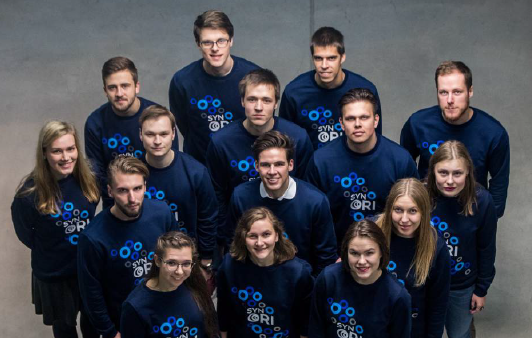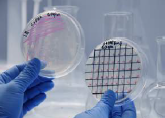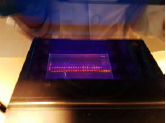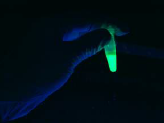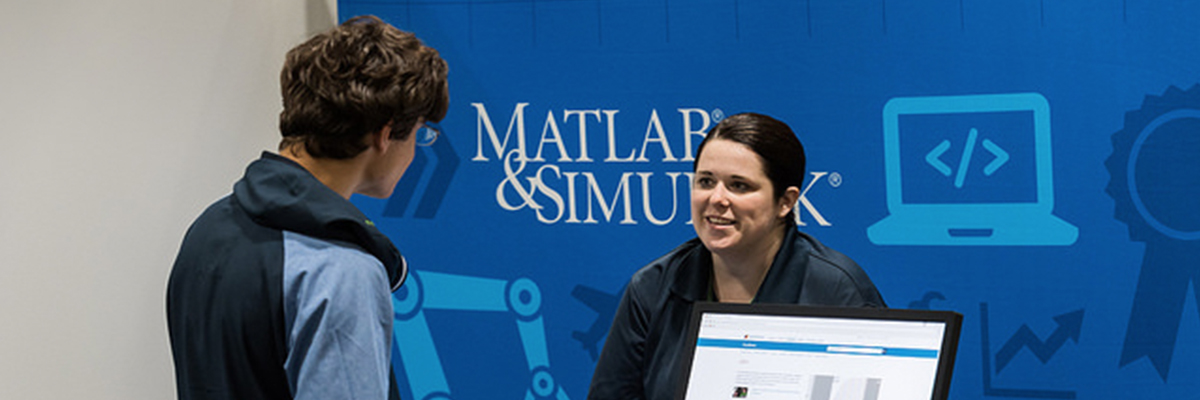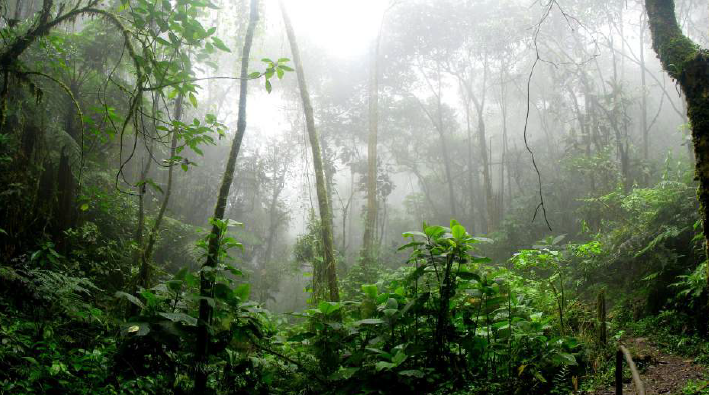SynORI: Bringing iGEM Grand Prize to Lithuania
How winning the Undergrad Grand Prize in 2017 led the SynORI team to scale synthetic biology to national level in Lithuania
Written and Interviewed by Amy Chen and Hassnain Qasim Bokhari
Photo credits: iGEM team Vilnius-Lithuania 2017, iGEM Foundation and Justin Knight
It was an exciting day for the Vilnius-Lithuania team last November as they took home the Grand Prize at the 2017 iGEM Jamboree. The team’s iGEM project, SynORI, won three special awards: Best New Basic Part, Best New Composite Part, and Best Part Collection in addition to being nominated for an additional five awards. In order to learn more about the team’s story, and to catch up with what the team is up to now, the iGEM Digest contacted the Vilnius-Lithuania team leader Gabrielius Jakutis.
The Digest was very curious how the team started and how the members were introduced to synthetic biology. Gabrielius informed the Digest that the team was started by Dainius Tautvaisas, a student who participated in the 2013 iGEM competition as part of the University of Edinburgh team. Tautvaisas believed that Lithuania had plenty of talent and was a great environment for the cultivation of synthetic biology. Therefore, he set up the first team in 2015 and introduced the students, local academia, and the team’s first financial partners to iGEM. Since then, the members have been recruiting newcomers on annual basis to participate in the competition. Although it seemed like the team was established immediately and that everything went smoothly since its inception, I knew there was more to the story and indeed there was.
In 2015, no one in Lithuania had known anything about what iGEM was. Barely anyone was even aware of what synthetic biology was as well. This made raising funds, gaining support from lecturers and the university very difficult. However, with their hard work and constant high results (Gold medals and Top 5 track-projects both in 2015 and 2016), the team proved themselves as serious young scientists who were worthy of being supported. When I asked what advice he has for new iGEM teams who are in the same position that his team was in, his words were to “Dream big!” Reading through the past iGEM projects when they first started their project, the team felt that just winning the BioBrick award looked totally impossible.
The inventions and projects of past winners and nominees looked so intricate, corresponding to current trends in science, of the highest quality. However, they were not afraid to set their eyes high and to set small daily, weekly, and monthly goals to achieve their dream. They knew what they wanted to achieve in the end and did not stop believing in their idea and its execution even for a day and their hard work was rewarded.
Reflecting on their victory, Jakutis said,
“The win was a huge acknowledgment of [their] intellectual capabilities, the moment when all the sleepless nights and hard work paid off. It’s simply a good feeling to be appraised and valued for your work.”
They were extremely proud to bring the victory to their country of 2.7 million inhabitants and a university that is not at the top of the rankings – it was simply remarkable! The team demonstrated that they too have great talents and strong higher education and Jakutis hopes that their win can motivate smaller neighboring countries and new iGEMers to believe that even when the competition became so huge, with more than 300 teams each year, that they still have very good chances of becoming the champions. “Hard work maketh winners.” Many people would say that when compared to the U.S. or other major synthetic biology hubs, the Vilnius-Lithuania team were the underdogs in the competition. On the contrary, Jakutis felt that “teams from small countries like Lithuania have a great advantage; one can easily make contacts and get to know and talk to authorities or most important industries. Our team is now involved in some greater projects where we serve as valuable advisors of the life sciences’ field.” The experience has not only influenced the team members but also has had a positive impact on their community.
Following their victory last year, the landscape for synthetic biology within Lithuania has also changed. Compared to the time when no one in the region had even heard of iGEM, now, almost everyone at Vilnius University knows about the iGEM team. What’s even more invigorating is that the young people are now aware of synthetic biology. The Vilnius-Lithuania team’s victory has invited more public and private interest into the field of Synthetic Biology. The team’s victory became a symbol of inspiration for young talent in the field of Life Sciences in Lithuania. It has drawn the attention of the government and authorities to begin considering drawing in Life Sciences’ accelerators to Lithuania or establishing incubators for startups. Clearly, Vilnius-Lithuania’s victory has led to more discussion about plans and entrepreneurship in biotechnology within their country. The team believes that it’s only a matter of time before the country has their first synthetic biology start-up. “It’s one of the most rapidly developing fields and we still have some sort of a vacuum in our region.” Jakutis expressed. They have a good feeling that that first start-up will be driven by iGEM alumni from the region.
As they say, once an iGEMer, always stay one.
“It’s utterly unconventional because iGEM has brought synthetic biology to Lithuania and our teams are probably the only ones who keep on digging that field. It is up to us to make another step further.”
Since the competition, some of the 2017 Vilnius-Lithuania iGEM members are now carrying on their passion for iGEM and became instructors for a new undergraduate team; a few even started a new overgraduate team. Although some of the members have graduated from the university, some are about to pursue a synthetic-biology related masters or Ph.D. degree locally or abroad. I am excited to see where these young scientists will go and what they will do next!
The iGEM Digest is a collection of stories from the iGEM Community. More information on the iGEM Digest can be found here: after.igem.org/page/igem-digest



